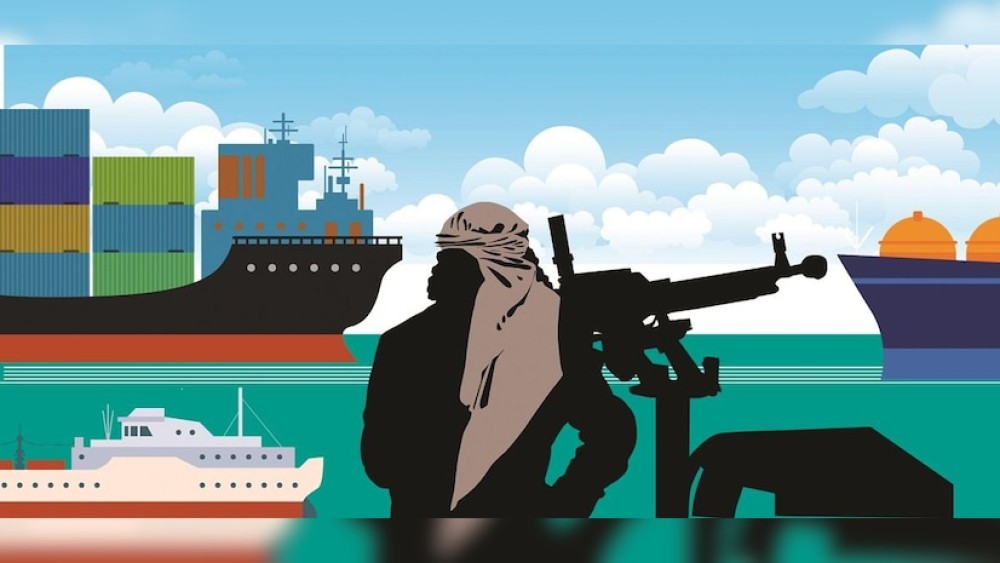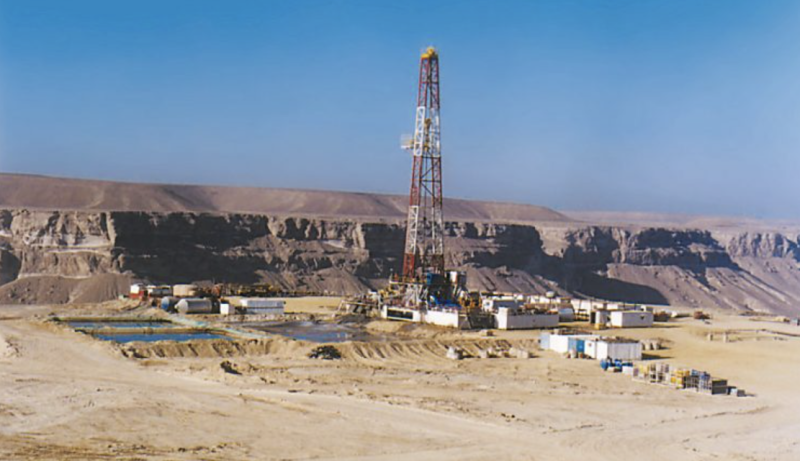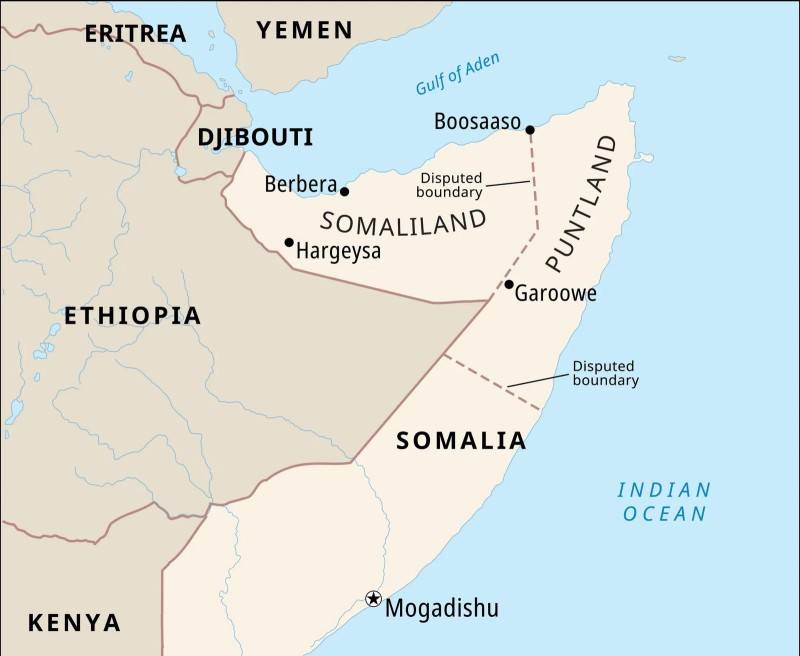Red Sea crisis: Implications of Houthi attacks on global trade, security


Yemen’s armed Houthis rebels are harassing commercial shipping in the Red Sea by attacking ships and vessels they suspect are linked to Israel, claiming retribution for the Jewish nation’s war in the Palestinian territory of Gaza.
Here’s a breakdown of what’s happening in the Red Sea, where 12 per cent of the world’s trade passes through.
Who are the Houthis?
The Houthis first attack was reported on November 19, 2023 and since then they have targeted more than two dozen ships near Yemen’s coast along the Red Sea.
The Houthis belong to the Zaidi sect of the Shia branch of Islam and emerged in the 1990s. Their name comes from their leader and founder Hussein al-Houthi; the group was earlier known as Ansar Allah (means Supporters of God).
The group emerged in the opposition of then President of Yemen, Ali Abdullah Saleh, whom they accused of corruption and being backed by Saudi Arabia and US. Saleh resigned in 2011 after ruling for 33 years and paving the way for his deputy, Abdrabbuh Mansour Hadi to take control of Yemen.
Over the years Houthis fought a civil war that enforced their sway from north Yemen to south. Saudi Arabia supported campaigns against them but failed even after spending a large amount of money.
In 2015, Saudi Arabia led a coalition of nine countries on the behalf of Hadi government to mediate with the rebels. On April 2, 2022, a truce was declared in Yemen.
Houthis control a large part of Yemen but are not internationally recognized as the country’s government.
Why is the Red Sea important?
Shipping vessels that sail between Europe and Asia pass through the Red Sea, which is the transit route from Mediterranean Sea to Arabian Sea through Suez Canal. The Bab-El-Mandeb–Red Sea route holds 12 per cent of total world trade, according to a report in The Guardian.
The Suez Canal came into existence in 1869 to connect the Mediterranean and Red Sea. Before that shipping vessels travelled around the African continent through Cape of Good Hope: It is a route shipping vessels are taking again now to avoid the Houthis.
In a report in January, United Nations Conference on Trade and Development (UNCTAD) said traffic in the Suez Canal has decreased 42 per cent after the Houthi attacks.
According to a report by credit ratings agency Ind-Ra, the Red Sea disruptions have increased freight costs by 25-30 per cent. The working capital cycle in international trade is likely to worsen by 15-20 days and the impact could be higher in agriculture and textiles.
How is India impacted by the Houthis attack?
More than 80 per cent of India’s merchandise trade with Europe and the UK takes place through the Red Sea route. Business news website MoneyControl.com cited a government official who said that India's Russian oil purchases might get more expensive as the trade route is being shifted to the Cape of Good Hope.
India has not joined a US-led military initiative in the Red Sea but it has placed a clutch of its Navy ships that are conducting air surveillance in the area. On January 29, INS Sumitra, a patrol vessel of the Indian Navy, rescued in two separate operations 19 Pakistani crew members of a fishing vessel and assisted an Iranian flagged fishing vessel attacked by Somali pirates along the coast of Somalia and Gulf of Aden that is adjacent to the Red Sea.
The US has launched a joint security initiative to guard the transit ships from Houthi attacks in the Red Sea, Bab el-Mandeb and the Gulf of Aden by the use of military vessels and is called ‘Operation Prosperity Guardian’.
The countries that have officially joined the operation are Bahrain, Canada, France, Italy, Netherlands, Norway, Seychelles, Spain and the UK. Many of the US allies including Indiadid not join the initiative.
How will the disruption might impact the world?
Inflation: As the freight rates are increasing due to longer routes and increased oil prices, it can increase the inflation in world economies.
Oil Prices: The oil prices have significantly gone up and the attacks have started worrying the consumers of price rise but the production of oil has not gone down which means that this might be a temporary problem and as soon as this problem is dealt with, the oil prices will stabilise.

Aden – Malaysia and Algeria have reiterated their firm positions in support of Yemen’s unity, sovereignty, and territorial integrity, w…

The Arab League, the Muslim World League, and several Arab and Islamic countries have called for an immediate halt to military escalation in Yemen,…

Hargeisa -- In the first international recognition since it declared independence from Somalia in 1991, Israeli Prime Minister Benjamin Netanyahu a…